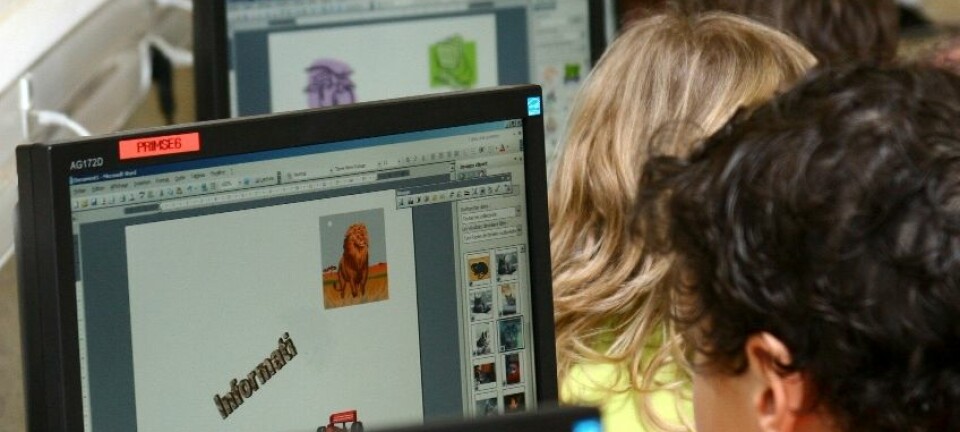
Teaching about religions tends to be condescending
A Swedish study finds that in high school religious education courses both teachers and pupils often suggest that religions are unnecessary for modern people.
Researcher Karin Kittelmann Flensner thinks that religious persons are often portrayed as unintelligent and naïve in Sweden’s upper secondary school subject religious education.
Flensner observed several hundred hours of teaching at Swedish high schools conducted by three different educators in 24 different high school classes.
“Being religious was depicted in the teaching as hard to consolidate with being a modern, rational, individualistic and independently thinking person,” claims Flensner in a press release from University of Gothenburg.
She fears that this can hinder pupils from developing a better understanding and respect of others’ ways of thinking and living their lives.
Atheism is rational
Flensner saw typical attitudes stand out in the ways which the pupils and teachers discussed religions. The predominant perspective was that religion is outdated and of little use in modern society. Atheism was portrayed as synonymous with rationality and critical thinking.
Nevertheless, this position was challenged by a more spiritual view, which was the second major attitude Flensner observed in her study.
“If discussions touched on more general existential issues there was more openness for stances that could be described as spiritual,” she says.
“These could for instance include conceptions of the existence of a divine dimension or that life continues in some form or another after death,” explains Flensner.
Culture linked to Christianity
Religious attitudes also emerged when the pupils discussed Sweden’s history and what it means to be a contemporary Swede. The pupils often linked Swedish traditions and culture to Christianity.
The Swedish researcher also saw that Islam was often mentioned in connection with extremism, whereas Buddhism came across as fully compliable with secular standpoints.
Sweden’s national school curriculum plan aims at giving pupils the opportunity to reflect on human values and religious persuasions in a way which promotes respect and understanding for disparate ways of thinking and living.
But Flensner thinks this is impossible if the secular attitude she has described continues to hold sway in the classroom. She would like to see educators give more consideration to how they are teaching this subject.
“If teachers become more aware of how they talk about religion and people of faith in the classroom, I think this education can give more leeway for increased understanding of different positions,” she says.
-------------------------------------
Read the Norwegian version of this article at forskning.no
Translated by: Glenn Ostling














